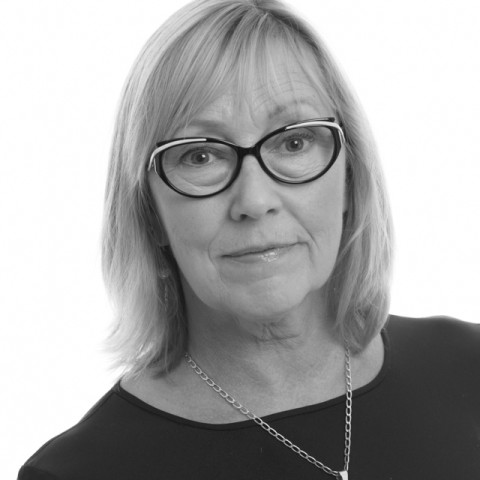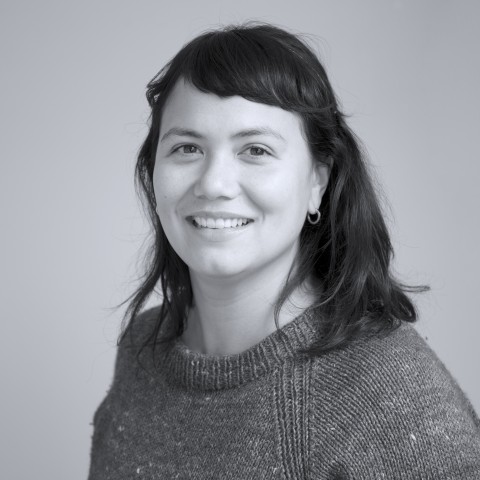Navigating IASSA's Presidency Through Turbulent Times
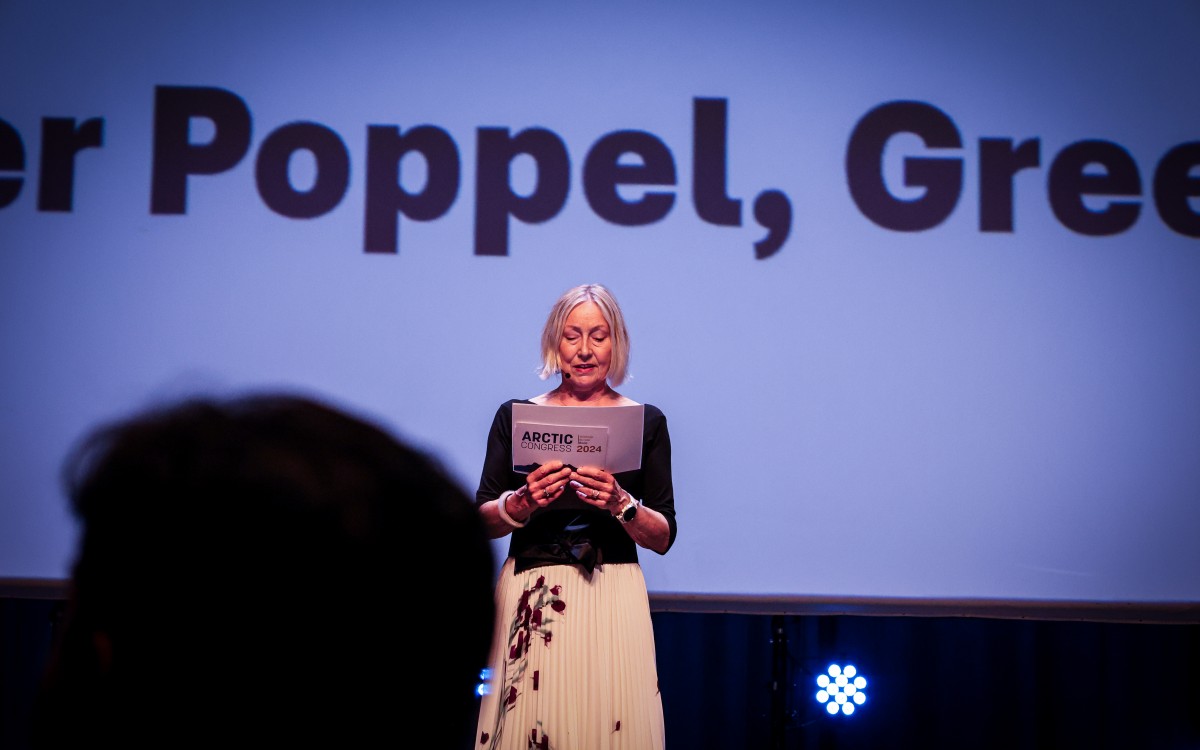
Nordland Research Institute's Research Professor Grete K. Hovelsrud has faced extraordinary challenges and unprecedented events during her tenure as president of the International Arctic Social Sciences Association (IASSA).
From the onset of the COVID-19 pandemic to the geopolitical tensions following the Ukraine war, Hovelsrud's leadership has been a testament to resilience and adaptability. In an exclusive interview, she shared insights into her journey, the hurdles she faced, the highlights of her presidency, and her vision of an ideal Arctic, shadowed by the stark realities of climate change.
A Humble Beginning
Hovelsrud was initially approached by the previous IASSA president, Andrei Petrov, to consider running for the presidency. At first, she had reservations because of her busy schedule, but she eventually became convinced of the role's importance, especially considering her longstanding dedication to the organization. Having been involved with IASSA since its establishment in Alaska in 1990, Hovelsrud felt a deep connection to its mission. "It's a great organization," she said. "One of the few membership-driven organizations in its field worldwide."
Her election was uncontested, a rarity in IASSA's history, perhaps reflecting the global shift in focus due to the pandemic. "We hadn't met since Umeå Congress in Sweden in 2017, and COVID changed everything in how we related to each other," Hovelsrud noted. This lack of competition indicated the times—a period of introspection rather than outward engagement for many.
Leading Through a Pandemic
Starting her presidency during the pandemic was fraught with difficulties. The IASSA Council, spread across 12 time zones from Russia to North America, was accustomed to meeting online. However, the uncertainty of the pandemic's duration added complexity to their operations. The primary task was planning ICASS XI, the next congress, under these challenging conditions.
"The pandemic changed us, but we adapted," Hovelsrud explained. The council became proficient in virtual collaboration, yet the lack of in-person interaction was a significant hurdle. "There's something about being face-to-face that you don't get online," she reflected, describing the start of her term as "moving around in the dark."
Hovelsrud's team had to rethink traditional engagement methods as the pandemic forced global lockdowns. "We had to innovate quickly," she said, emphasizing the shift to virtual platforms for meetings and conferences. While initially daunting, this new mode of operation increased accessibility for members who previously found it challenging to attend in-person events due to geographic or financial constraints.
Geopolitical Tensions
The onset of the Ukraine war in February 2022 brought even further challenges. With four Russian members on the council, the geopolitical landscape created severe communication barriers. "Two of them were in North America, so they were fine. But two people in Russia were not. One disappeared from emails entirely," Hovelsrud revealed. This disruption significantly affected the IASSA Council, with half of the Arctic representation missing from their exchanges.
IASSA took a stand early in consultation with close partners like the University of the Arctic and the International Arctic Science Committee. "We made a statement about the war, but everyone couldn't sign it due to the situation in Russia," Hovelsrud said, highlighting the delicate balance of maintaining organizational integrity while dealing with international conflicts. The war also emphasised the importance of solidarity within the Arctic research community, prompting IASSA to enhance its support mechanisms for affected members.
The First Three-In-One Congress
Despite the obstacles, one of the crowning achievements of Hovelsrud's presidency was the successful organization of the three-in-one Arctic Congress Bodø 2024, which joined the International Congress of Arctic Social Sciences (ICASS) XI, UArctic Congress 2024, and High North Dialogue 2024. This event marked a significant milestone, with over 1,200 delegates attending from 41 countries. It concluded with a resounding call for international cooperation, sustainable development, and innovative solutions to the Arctic region's challenges. "It almost killed me, but it was worth it," she admitted, crediting the collective efforts of her team and partners for the success. Organizing the congress required meticulous planning and coordination.
The congress, held in conjunction with the Norwegian chairship of the Arctic Council, showcased the resilience and adaptability of the Arctic research community. "We had many Arctic ambassadors who fell in love with Bodø and the congress," Hovelsrud said proudly. This event underscored IASSA's pivotal role in Arctic research and collaboration, even amidst global crises.
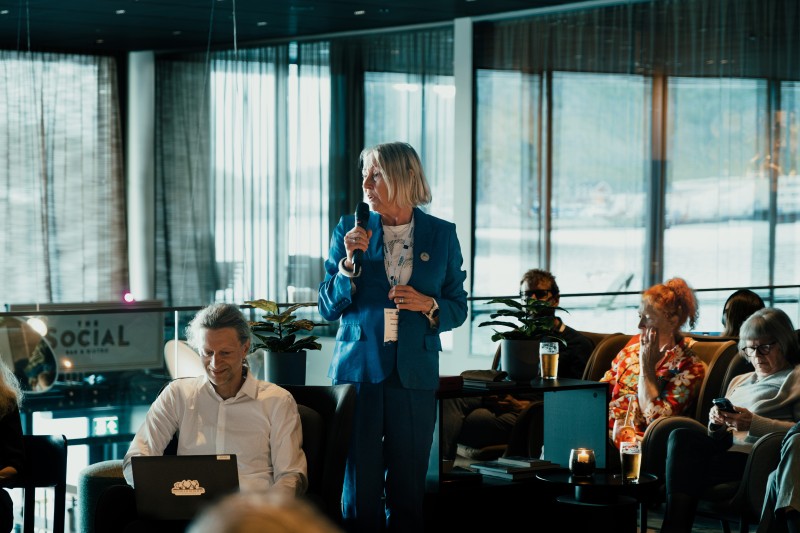
Highlights and Achievements
Reflecting on the highlights of her presidency, Hovelsrud pointed to several key accomplishments:
- Enhanced Online Presence: One of the first tasks Hovelsrud undertook was overhauling IASSA's digital presence. Significantly upgrading the website and improving the digital platform for Northern Notes, IASSA's publication, was critical in ensuring continuous member engagement during lockdowns. "Our new online platforms have made it easier for members to access resources and stay connected," she said.
- New Working Groups: Under Grete’s presidency, members established two new working groups, expanding IASSA's reach and scope. These groups focused on emerging issues in Arctic research, fostering interdisciplinary collaboration. "These working groups are vital for addressing the complex challenges facing the Arctic today," Hovelsrud noted.
- Securing Funding: Obtaining financial support from the Norwegian Foreign Ministry for Arctic youth and education projects was a significant achievement. This funding enabled IASSA to launch initiatives to empower the next generation of Arctic researchers. "Investing in youth is investing in the future of the Arctic," Hovelsrud emphasized.
- Strengthened Partnerships: Fostering collaboration with the High North Center for Business and Governance and maintaining strong ties with the Arctic Council were crucial for IASSA's strategic goals. "Our partnerships have allowed us to leverage resources and expertise, enhancing our impact," she said.
Hovelsrud also highlighted the continued increase in attention paid to Indigenous perspectives within IASSA. "Incorporating Indigenous knowledge and ensuring their voices are heard has been a priority," she explained. This focus led to the development of new guidelines and practices for respectful and meaningful engagement with Indigenous communities.
An Ideal Arctic: Aspirations and Realities
When asked about her vision for the Arctic, Hovelsrud painted a picture of an ideal region untouched by the ravages of climate change and geopolitical strife. "In a perfect world, the Arctic would be a pristine environment where Indigenous peoples thrive, cultures are preserved, local and urban communities develop sustainably, and ecosystems are in balance," she mused. This vision includes a sustainable Arctic, where renewable energy sources power communities, and traditional knowledge is integrated into modern practices.
However, Hovelsrud is acutely aware that this perfect Arctic is a dream that is increasingly out of reach due to the impacts of climate change. "We are already seeing the devastating effects of a warming climate – melting ice, changing weather patterns, and losing biodiversity," she lamented. These changes threaten the natural environment and the way of life for Arctic communities. "Climate change is the single most significant threat to the Arctic, and it requires urgent and collective action to mitigate its impacts," Hovelsrud emphasised.
Her outlook reflects a blend of hope and realism. While she envisions an ideal Arctic, she recognises the urgent need for adaptive strategies to address climate change's current and future challenges. "We must work together, leverage scientific research and Indigenous knowledge, to find sustainable solutions," she urged.
Continuing the Journey
As Hovelsrud steps down, she remains optimistic about IASSA's future. She emphasizes the importance of continued collaboration and the need for strong leadership. Her successor inherits a more professional and streamlined organization, ready to tackle future challenges. "I'll be there to support and offer my expertise," Hovelsrud assured, highlighting her commitment to ensuring a smooth transition.
Though marked by significant trials, her presidency has set a foundation for resilience and adaptability in IASSA's future endeavours. Hovelsrud's experience underscores the critical role of leadership in navigating unprecedented challenges, maintaining organizational integrity, and fostering a collaborative spirit in the Arctic research community.
Hovelsrud will remain involved with IASSA as part of the council for another three years, working alongside her colleague Helena Gonzales Lindberg, who was also newly elected. Lindberg, who has been a member for about a year and a half, expressed her enthusiasm for continuing her work with IASSA. "I'm thrilled to be chosen and elected into the IASSA Council, partly because I've been working in the IASSA Secretariat here in Bodø, and I would like to continue the things that I've started to do while being in the Secretariat," Lindberg said.
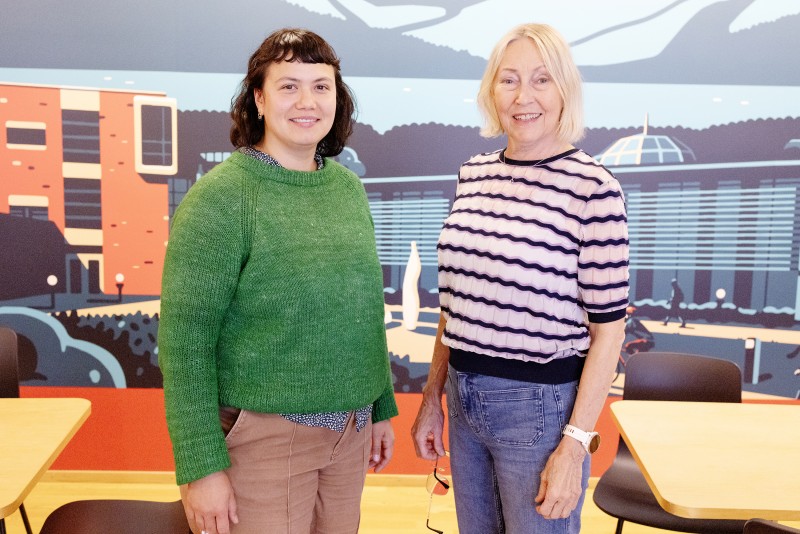
She emphasized the importance of reaching young researchers and making IASSA more visible. "I want to develop the website and our social media presence further. I like lifting the experiences of PhD students doing fieldwork in the Arctic," Lindberg shared. "Overall, I would like to contribute to making IASSA more visible and a force to be reckoned with in the Arctic."
As they continue their journey with IASSA, Hovelsrud and Lindberg are committed to ensuring that the organization remains at the forefront of Arctic social sciences, advocating for sustainable practices and inclusive research methodologies. "We faced immense challenges, but we also discovered our strengths," Hovelsrud reflected.

